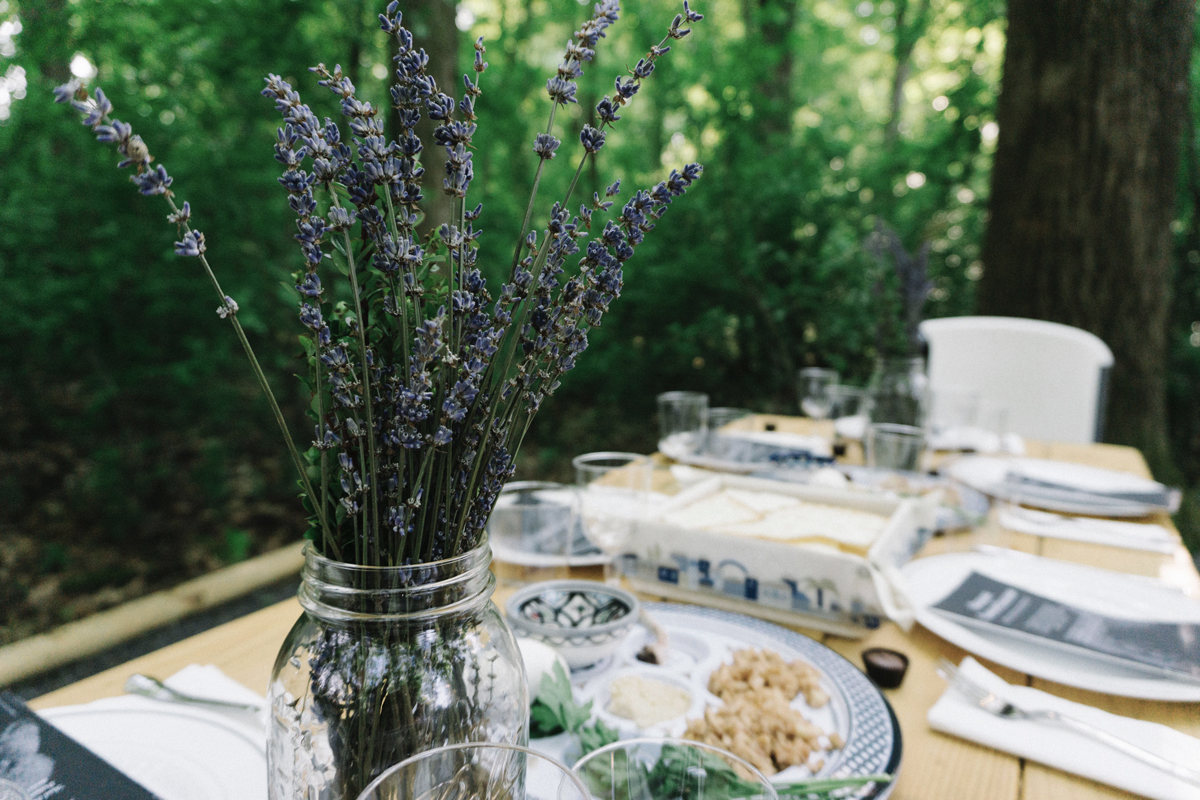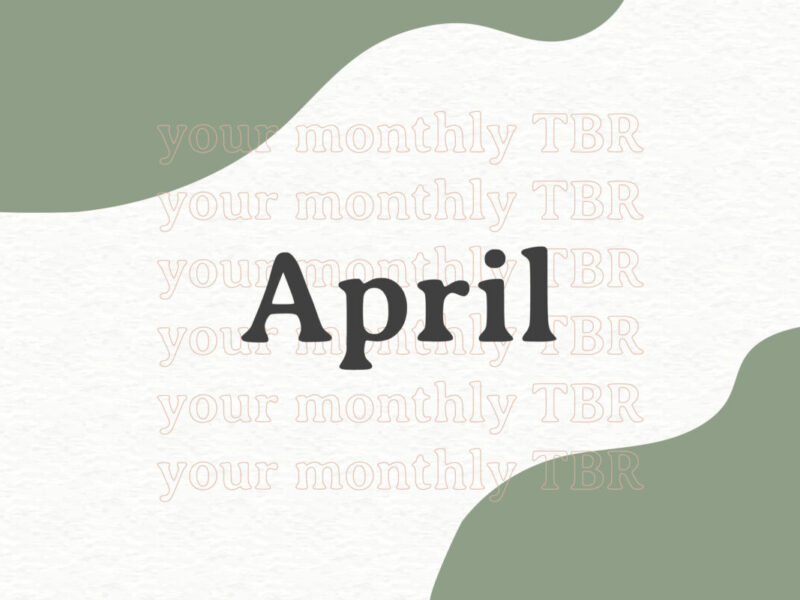4 Faithful Poems for Your Passover Seder
Passover begins on March 27 this year. The seven-day Jewish holiday symbolizes liberation and escape from destruction. It’s one of the most important Jewish holidays and among the most widely celebrated traditions throughout the world. Whatever your Passover looks like this year, let these four poems—which embrace Jewish heritage, themes, and spirituality—enrich your celebration.
1. “Seder-Night” by Israel Zangwill
This poem by writer and activist Israel Zangwill portrays the boisterous, collectivist spirit of the Jewish people, as well as their ability to hold on to tradition and reflection in an increasingly fast-paced society. Zangwill sees Passover celebrations as a peaceful and mindful respite from “restless, hurried life,” presenting the following joyful image: “Yet in ten thousand homes this April night / An ancient People celebrates its birth / To Freedom, with a reverential mirth, / With customs quaint and many a hoary rite, / Waiting until, its tarnished glories bright.”
2. “The Trans Haggadah Companion” by Bev Yockelson
Holidays and traditions are for everyone—and they can evolve with you on your journey. Bev Yockelson, winner of an Academy of American poets prize, showcases the power and everyday holiness of acceptance and pride in your identity, reveling in the experience of Passover as a queer-friendly, inclusive ritual. The meditative repetition of “On this night” pays tribute to classic Jewish texts, revealing how they endure across both generations and the full spectrum of gender. “On this night / I am only a body and you / are only a body,” writes Yockelson. “On this night / nothing is hidden / only the afikomen / On this night / God was here and I / I knew it.”
3. “Amen” by Tuvia Ruebner, translated by Rachel Tzvia Back
This translated poem, published in the American Jewish magazine Tablet, celebrates the majesty and sacrament in the details of everyday life, even amidst struggle, fear, and anxiety. It revolves around the repetition of “dayenu,” a Hebrew word meaning “it would have been enough” or “it would have sufficed.” A refrain in a Passover song, dayenu expresses gratitude.
“In our standing up, though a little bent—dayenu. / With our eyes seeing though blurred—dayenu. / With our ears almost hearing—dayenu.,” writes Ruebner. “Upon our lying down and our rising—dayenu. / On our remembering our beloved’s name—dayenu. / On our kneeling down—dayenu. / By the skin of our teeth—dayenu. / In our heart that expands and contracts—dayenu. / In our worried heart, fearful and afraid—dayenu.”
4. Untitled poem by Bruce Black
Bruce Black’s second poem within this Passover poetry feature on the Reform Judaism site muses about the significance of Passover and how it can inspire us in our daily lives. Like much writing about Passover, Black emphasizes the holiday’s messages of persistence, courage, and eventual reward. For both Jewish and non-Jewish readers alike, its message is calming: Even if you don’t have it all figured out, you can take a step in the right direction.
“[M]aybe it’s about learning how to / walk along an unfamiliar path / where no path existed / before,” Black reflects. “[O]r how to walk into darkness / and sandstorms / and heat / and a blinding / sun / how to keep walking toward / some unknown future / even if you can’t see / the horizon.”
Happy Passover! Chag sameach!




